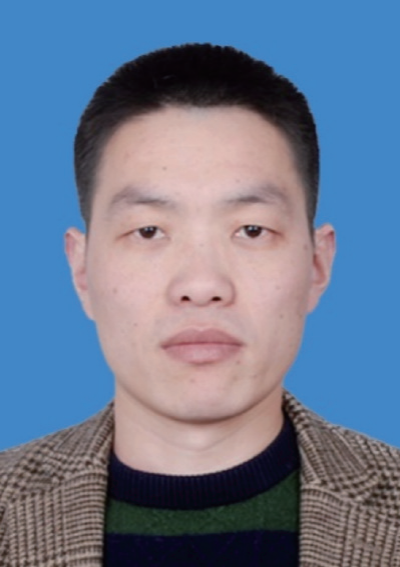Lei Deng, Xuefeng Tang, Xinyun Wang, Guoqing Yu
Huazhong University of Science and Technology, Wuhan, Hubei, 430074, China
EXTENDED ABSTRACT: Online detection technology and real-time simulation technology can provide multi-physics and multi-scale data for the forging digital twin system to realize mutual mapping of physical entities and virtual twins, and achieve the purpose of virtual-real interaction and virtual-real control. This paper combines machine learning with online detection and scientific computing to conduct research on intelligent online detection and rapid simulation methods during metal plastic deformation. Aiming at the problem of monitoring internal crack defects during the plastic deformation of titanium alloys, an intelligent online monitoring method for plastic deformation damage based on acoustic emission-machine learning was proposed. First, the acoustic emission signals generated by the titanium alloy during the plastic deformation process were detected through an acoustic emission measurement device, thereby obtaining the acoustic emission signal and defect database under different deformation conditions. Then the convolutional neural network model was trained and verified based on the collected image data. Finally, online intelligent detection and recognition of plastic deformation defects in titanium alloys were realized to determine the damage and defect status of the material. In order to solve the problem that the traditional crystal plasticity simulation model is inefficient and cannot reflect the physical field changes of material plastic deformation online in real time, a three-dimensional scale crystal plasticity finite element surrogate model based on convolutional neural network was established to realize the fast and accurate predictions of material orientation, stress and strain evolution. By optimizing the network structure and hyperparameters, it was found that the dual-CBAM module insertion after the first convolutional layer and before the last convolutional layer showed the lowest loss, and the trained surrogate model shows high reliability. This work provides efficient online detection and multi-scale simulation technology of materials for the construction of forging digital twin systems.
Keywords: Convolutional neural network; Intelligent online detection; Surrogate model; Forging digital twin system

Dr. Deng Lei is an associate professor and doctoral supervisor at the School of Materials Science and Engineering at Huazhong University of Science and Technology. He is mainly engaged in research on light alloy precision plastic forming technology and intelligent plastic forming control. He has published more than 110 papers in academic journals such as Advanced Materials and International Journal of Plasticity, and has edited or co-edited 4 Chinese/English monographs. He took the lead in formulating 2 national standards and was authorized 42 domestic and foreign invention patents. He has won 4 provincial and ministerial awards including the first prize of Hubei Province Technology Invention Award and the first prize of Mechanical Industry Science and Technology Award. He has presided over 12 projects including the National Natural Science Foundation of China and the National Key Research and Development Plan. The results have been applied in the fields of automobile and aerospace parts manufacturing, and have achieved good economic and social benefits.